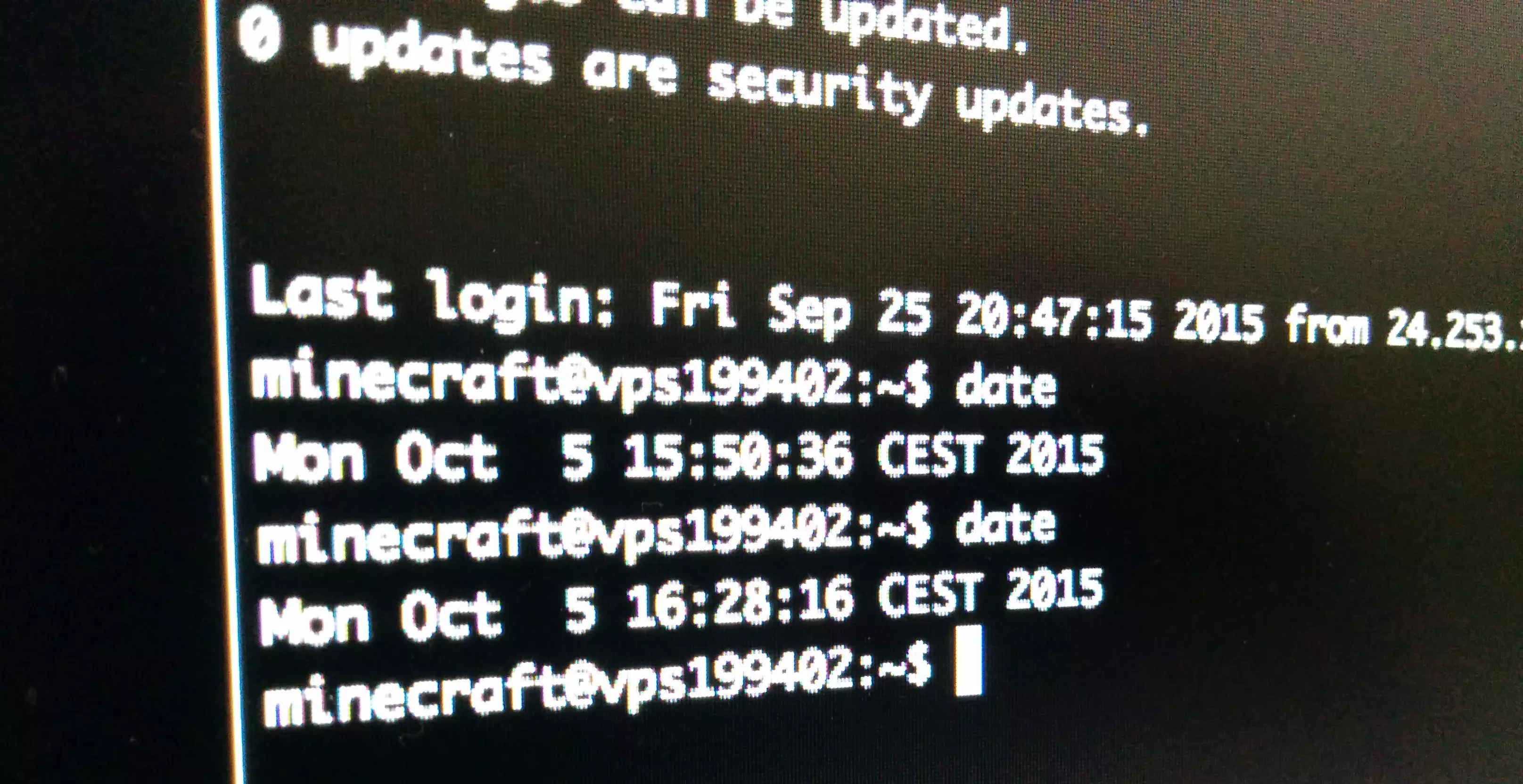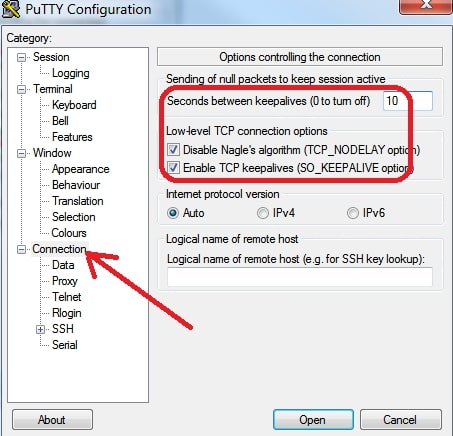

You can use too much memory, and then be constantly swapping data/code in and out from disk. If you try to run too much in a too small VPS. I think there are two common problems to be on the look out for, when you are using a VPS. Because it doesn't need to take too long to just ping and see if there's a very broad problem, which could be with your local internet connection instead.) (I would always think about measuring network latency measurement, looking at ping and traceroute. It sounds like you tried to rule out a broader network problem, and you probably did so correctly. ProtocolKeepAlives and SetupTimeOut areĭebian-specific compatibility aliases for this option. The server, or 300 if the BatchMode option is set. The default is 0, indicating that these messages will not be sent to

Through the encrypted channel to request a response from the server. No data has been received from the server, ssh(1) will send a message ServerAliveInterval Sets a timeout interval in seconds after which if Response from the server to the server alive messages, soĭisconnection is the responsibility of the TCP stack. Only in protocol version 1 there is no mechanism to request a This option applies to protocol version 2 The server becomes unresponsive, ssh will disconnect afterĪpproximately 45 seconds. If, for example, ServerAliveInterval (seeīelow) is set to 15 and ServerAliveCountMax is left at the default, if The client or server depend on knowing when a connection has become The server alive mechanism is valuable when Server alive messages are sent through the encrypted channel and Server alive messages is very different from TCPKeepAlive (below). Messages are being sent, ssh will disconnect from the server, If this threshold is reached while server alive ServerAliveCountMax Sets the number of server alive messages (seeīelow) which may be sent without ssh(1) receiving any messages backįrom the server. These settings will make the SSH client or server send a null packet to the other side every 300 seconds (5 minutes), and give up if it doesn’t receive any response after 2 tries, at which point the connection is likely to have been discarded anyway. You can also make your OpenSSH server keep alive all connections with clients by adding the following to /etc/ssh/sshd_config: KeepAlive yes

It played up again just now and when attempting to telnet to the SSH port, it could in fact connect. Maybe my host is doing some maintenance?ĮDIT: TCPKeepAlive is enabled. I don't believe this to be a firewall issue as it will work most of time, then sometimes just not work. If it is worth anything, when I do connect to the server when it is "playing up", it appears to be slow (I will type a command and it will take a second or two to appear in the SSH window). I checked the syslog and I could not see anything interesting in there that could help with this problem. When it starts to "play up", if I try 5-10 times to connect, I can successfully connect. I then attempted to telnet to another port on the VPS that I knew was running a service and it connected fine. When this happened last time, I attempted to telnet to the port that is running SSH and it could not connect. However, occasionally, PuTTY will report that Connection Timeout. Most of the time, PuTTY connects fine and I can log in fine.
PUTTY SSH TIMEOUT WINDOWS
I have a VPS running Debian 7, that I connect to using PuTTY from my Windows machine.


 0 kommentar(er)
0 kommentar(er)
